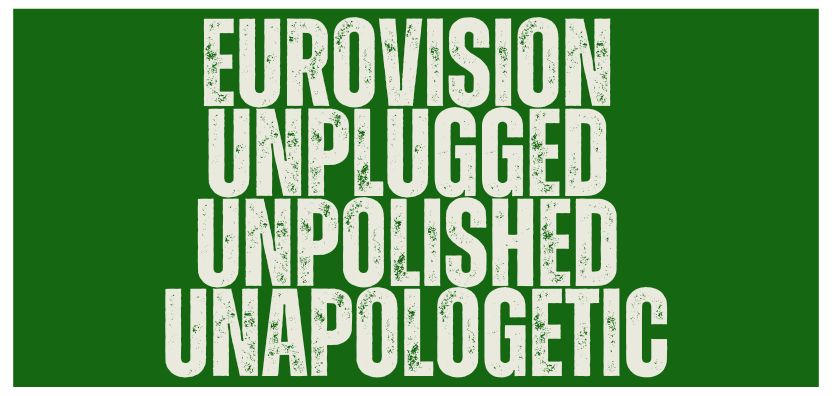
For OnEurope (and many of the small but select group who hang out around these parts), The Eurovision Song Contest is celebrated both for bursts of madness and sparks of genius.
Unless you’ve been living in a barn – and why wouldn’t you? It’s a perfectly valid lifestyle choice. You can’t have failed to know that the contest is once again at the forefront of a geopolitical debate. This time, concerning one of its more contentious participants: Israel.
According to the latest YouGov Eurotrack survey, opinions on whether Israel should compete vary significantly across Europe. There’s a notable split between those citing geographical and political reasons. In several surveyed countries, including Germany, Spain, and Italy, approximately 40-59% of respondents believe Israel should not compete. Interestingly, this opposition is not predominantly political. Many Europeans point to Israel’s geographic location as the primary reason for their stance, rather than its political actions.
Boycott or not
However, political factors do still influence public opinion. The recent conflicts in Gaza have intensified calls for Israel’s exclusion. Eurotrack data indicates that between 38% and 65% of those opposed to Israel’s participation cite recent Israeli actions in Gaza as a reason to exclude Israeli broadcaster Kan. And even though there have been ‘fan’ based calls for a boycott, the push for exclusion actually remains stronger among those who plan to tune in.
Contrasting views are evident when comparing attitudes toward other non-European countries participating in Eurovision. While some viewers are less inclined to exclude EBU member countries located slightly beyond Europe’s geographical boundaries like Azerbaijan, Georgia, Cyprus and Turkey, there is far more of a mixed response to Australia’s participation. Some countries are more accepting than others.
See the results among the full samples here and among viewers only here
Global affairs
Despite its geographical distance from Europe, Australia – as an invited associate member of the European Broadcasting Union – has been a participant in Eurovision since 2015. This often sparks discussions about what most viewers think of as a traditionally European contest.
In Germany, UK and Denmark, there is a slightly higher inclination to accept Australia’s participation when compared to how they see Israel’s eligibility. This reflects a more permissive attitude towards Australia’s involvement despite its non-European location.
Spin Doctors insist Australia’s participation in Eurovision highlights the contest’s evolving nature. Those in charge of attracting sponsors proclaim the shift from a strictly European affair to a more global event. One that aims to celebrate diversity and inclusivity in music.
Get the balance right
This year’s contest underscores the delicate balance between maintaining an inclusive cultural event and navigating the sensitivities that come with the geopolitical affiliations of its participants.
As the Eurovision Song Contest continues to evolve, it remains a mirror reflecting broader societal debates—where culture, politics, and geography intersect in the realm of international entertainment.
The ongoing discussion about Israel’s participation in Eurovision 2024 serves as a reminder of the contest’s significant role not only as a celebration of music but also as a platform for international dialogue and reflection.






Cyprus is a member of the EU! With a clear European culture! how can u copmpare that with Turkey or Israel?
Even Azerbaijan takes part and if u ask me they shouldnt!
I’m simply quoting a report, perhaps ask the people at Eurotrack or the ‘viewers’ they consulted in their survey
Any broadcaster which is a full memeber of the EBU, can , in theory, praticipate in Eurovision, regardless of their geographical location.
Israel is doing this since 1973.
Morocco did this, once in 1980.
Lebanon almost participated in 2005, but withdrew, because they couldn’t/wouldn’t transmissie Israel. Again a political decision.
Australia is an associated memeber, so shouldn’t be able to partcipate. They were invited for the 2015’s contest and stayed ever since.
For the full list memebers and associated members please see the link to the Wikipedia page below.
There are some surprising members there, which in theory could participate in Eurovision, if they choose to.
https://en.m.wikipedia.org/wiki/European_Broadcasting_Union